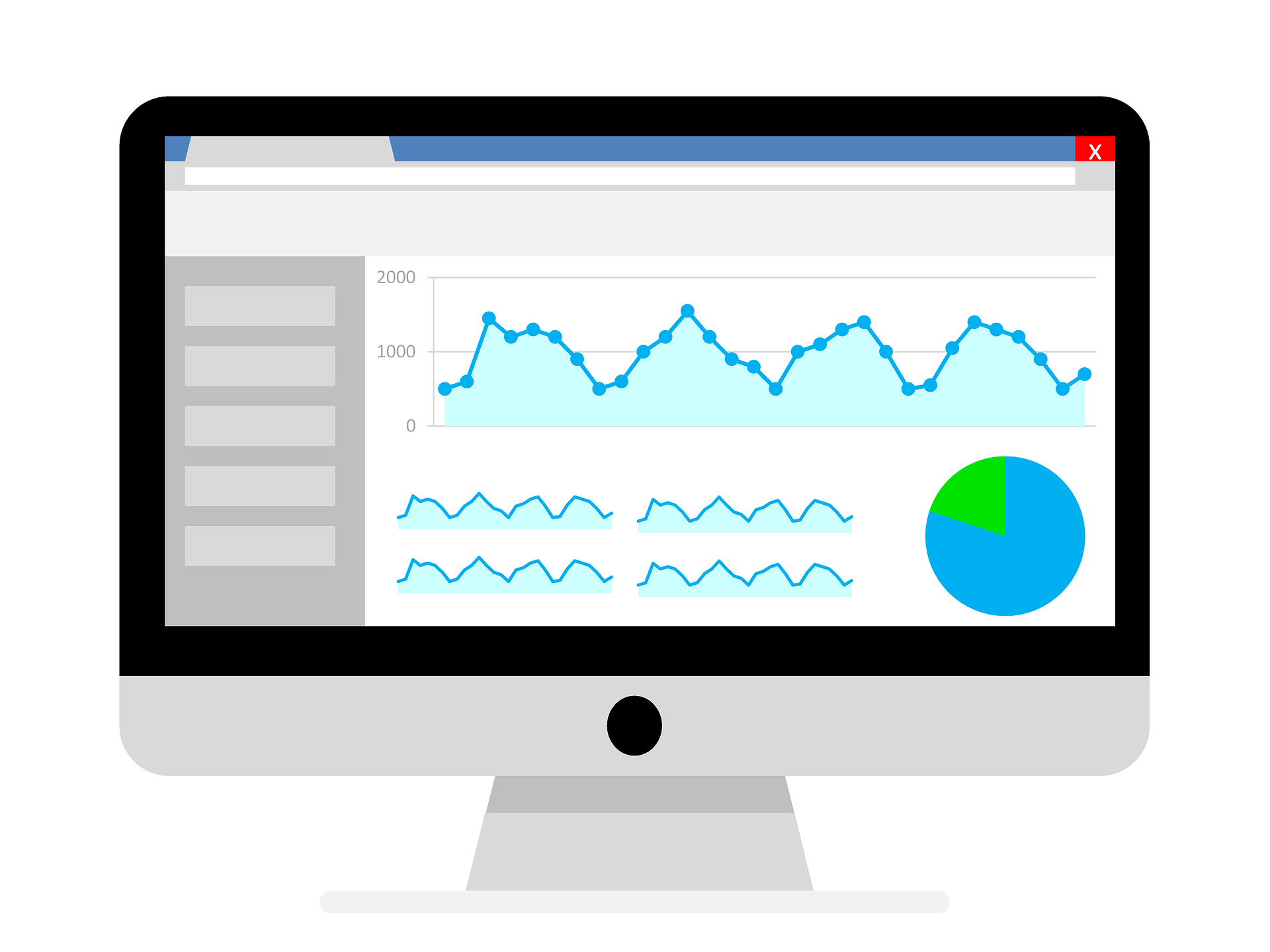SEO, otherwise known as search engine optimisation, is a vital tool for any website whatever their purpose. A few simple steps that you can do today will help you rank higher up the search engines.
1. Analyse your website for search engine optimisation.
Type into Google – SEO website analysis. Pick one of the free tools – I’ve used this one before. Type in your website domain and hit analyse. This will tell you what your website does well – and not so well for search engine optimisation.
You’ll get lots of different factors analysed in the results. They’ll give you everything from the number of backlinks to your metadata. Play close attention to any broken links or any areas the results highlight. Broken links should be your top priority at this stage/
2. Analyse a competitors’ website
Type into Google what you want to rank highly for. Pick the first website that comes up. Complete the same analysis for this website as you did your own. What are they doing that you’re not?
The keywords that come up for this website should give you some ideas for your own site. Note down these keywords – try adding them to your own website. Don’t be afraid of being specific. You want people to come to your website and do what you’re asking of them. For more on keyword research, please take a look at this blog article here.

3. Keep your content fresh and interesting
Search engine optimisation is all about interest and experience for the visitor. Google ranks pages higher up the results the more “interesting” it thinks the website is. This is all about your content – what’s on the pages and how often it’s updated.
Perhaps the easiest place to start is what’s on those pages. Make sure all your links are working – don’t lead your visitors to any broken links.
Get rid of any pages you don’t like – every page needs to have a purpose on your site. Also try to add lots of content to each page. Don’t overcrowd it but let Google understand what your website is all about.
If you have lots of pages sat in the drafts of your website, delete them! Google views lots of pages as clutter – even if there’s no direct links to it on the front end of your website. Keep your website as tidy as possible.
4. Limit your adverts – keep them relevant
Similarly, if Google detects lots of adverts, it’s not likely to rank very high – even worse if the adverts aren’t relevant to your site or pop up in annoying places.
Relevant ads will improve your conversion rate anyway – this means you’ll earn more ad revenue, so what’s not to love?
5. Add tags, images and a featured image to each post or page
Don’t bombard each post or page with tags – keep them relevant. Imagine you’re searching Google for the content you’ve just created. What would you put in the search term? Take the keywords from that and put it in the back end of your post or page.
Images are so important for the users’ experience. They’ll keep your readers engaged and make them aware of what your content is about. Make sure you have the relevant permissions for your images – if not there are plenty of copyright free images from the likes of Pixabay.
Your image resolution needs to be optimised for the web too. Each image doesn’t need to be any more than 1MB. In fact lower image resolution will your website loads faster – maximising the user experience.
These should give you some starting steps to improve your website ranking. Over the next few weeks we’ll talk more about these factors behind SEO and how to put each step fully into practice. View other articles on my blog here.




